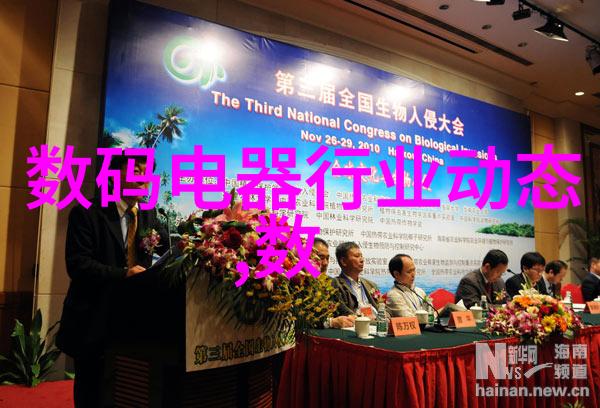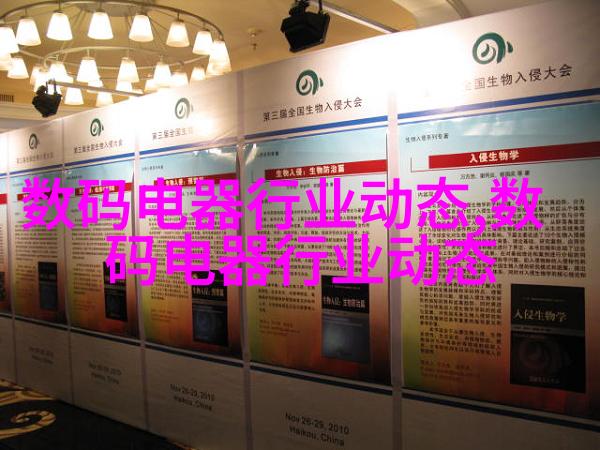管材型号之选理解不同规格的应用与优势
管材型号之选:理解不同规格的应用与优势

在建筑工程中,管材是不可或缺的材料,它们用于输送水、油、气等各种流体。管材的选择对于工程质量和成本控制至关重要。不同的管材型号各有特点和适用范围,这篇文章将为您详细介绍几种常见的管材型号及其在实际工程中的应用。
管道钢筋(PVC-U/PVC-C/PPO)

首先,我们要提到的就是塑料制成的管道钢筋。这类产品以其轻便、高强度、耐腐蚀性好而闻名。它们广泛用于家庭用水系统及工业供排水系统中。此外,由于它们具有良好的防静电性能,还能有效减少金属接触时产生的问题。
铝合金管

铝合金管因其较高的抗腐蚀性和耐久性,被广泛运用于海洋环境下的人工岛屿建设以及海底隧道项目中。它比传统铁皮更轻,更容易安装,而且对振动和冲击也有一定的抵抗力,因此非常适合需要承受较大机械力或者化学介质影响的地方使用。
不锈钢制品

不锈钢制品由于其卓越的耐腐蚀能力,在处理含盐分高或酸碱性介质的情况下表现出色。在化工厂区内、温室设施以及任何需要长期暴露于极端条件下的场所,都可以考虑使用不锈钢制品。这一类型材料还具备很好的抗拉强度,使得它成为一种理想的选择。
钢铁配件

steel products steel pipes and fittings steel tubes and elbows steel flanges etc.
Steel is the most common material used for making pipes and fittings due to its high strength, durability, and resistance to corrosion. It is widely applied in various industries such as oil & gas, chemical processing, power generation, water supply systems etc.
PPR(聚丙烯随熔融连接)组合式热泵暖通空调系统
PPR (Polypropylene Random Copolymer) pipe systems are made from a unique type of plastic that can be connected by simply inserting one end into another without any additional tools or materials required for welding or gluing. This feature makes it highly efficient for installing new systems or repairing existing ones with minimal disturbance.
6.FRP(复合材料)板/条/模块等结构件
FRP (Fiber Reinforced Polymer) composite materials are known for their exceptional lightweight properties combined with high strength-to-weight ratios which make them ideal for use in demanding environments like marine applications where they withstand harsh weather conditions and exposure to chemicals without degrading over time.
最后,不同的地理位置、具体需求以及预算都会影响到最终选择哪种类型pipe line system。而专业人士会根据这些因素来确定最优化解决方案,确保整个项目顺利进行并达到预期效果。此外,对于新兴技术,如采用新的焊接技术、新型绝缘材料等,也将对未来pipe line system设计带来深远影响,为用户提供更多样的选择。



